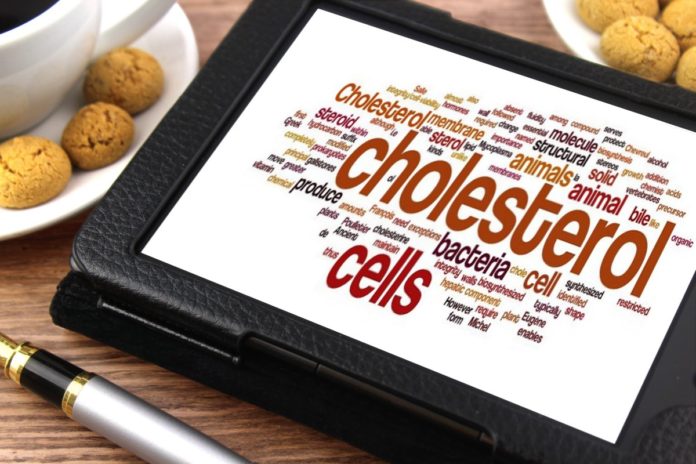A new cholesterol-lowering drug, bempedoic acid could help treat patients unable to take statins due to side effects
A new cholesterol-lowering drug, bempedoic acid reduces levels of low-density lipoprotein (LDL) cholesterol or ‘bad cholesterol’ by blocking an enzyme ATP citrate lyase.
The findings about the drug were reported in a new study published this week in the New England Journal of Medicine.
Ischaemic heart disease is the leading cause of death for both men and women world over. According to the first state level disease burden study 2017, ischaemic heart disease (IHD) was the leading cause of death in India in 2016. LDL cholesterol deposits excess cholesterol in the arteries that build up plaques increasing the likelihood of heart disease and blood clots.
According to the first state level disease burden study 2017, ischaemic heart disease (IHD) was the leading cause of death in India in 2016
Statins are considered the first line drug for treatment of atherosclerotic heart disease where LDL Cholesterol clogs the arteries in heart.
But 10-15 percent of patients on statin treatment report muscle pain, weakness and cramps leading to discontinuation of therapy. The new drug does not cause any muscle-related side effects.
The study involved 2230 patients, of whom 1488 patients were randomly assigned to received bempedoic acid and 742 received placebo. Patients with cholesterol levels of at least 70 mg/dl and taking cholesterol-lowering drugs (high or moderate dose of statins and/or ezetimibe) were were included in this study. The trial also included a small proportion of patients with familial hypercholesterolemia (FH), an inherited condition which causes increased cholesterol levels and raises the risk of cardiovascular disease and strokes.
Results showed that bempedoic acid reduced patients’ LDL cholesterol levels from baseline by an average of 18.1% compared to the placebo group after three months.
In addition, they found that the treatment was effective irrespective of the intensity of the patient’s existing cholesterol-lowering treatment. Side effects were mainly increased incidence of gout due to slight increases in levels of uric acid in the blood.


